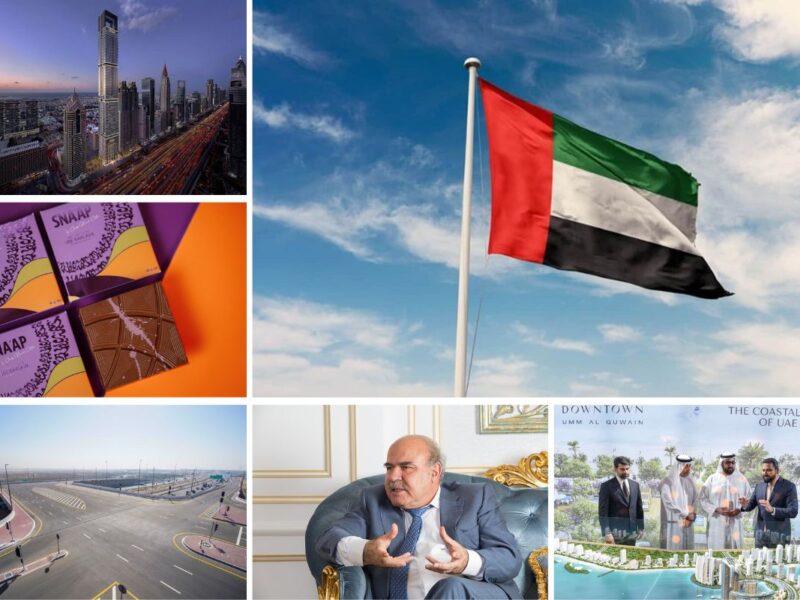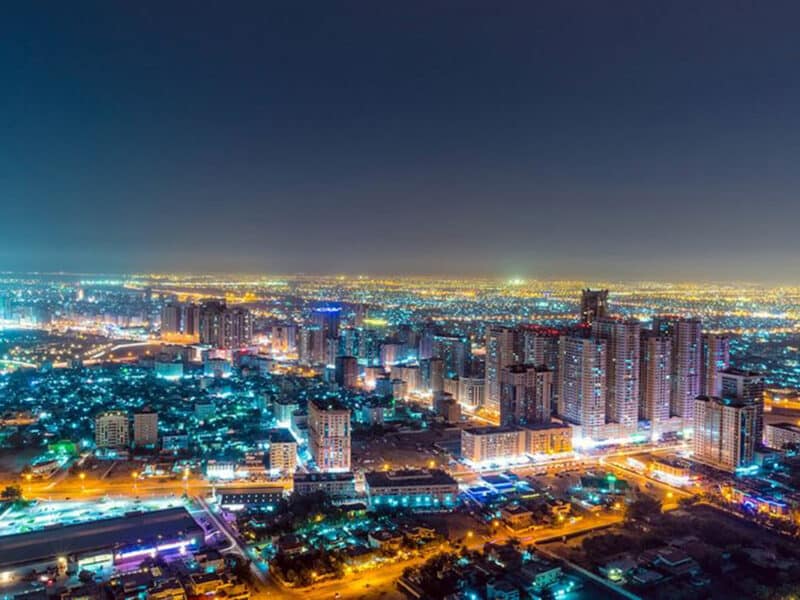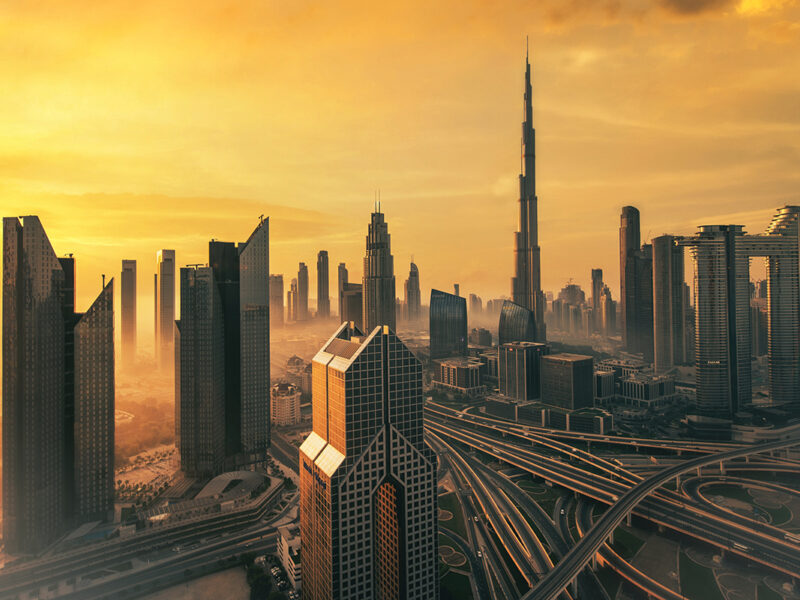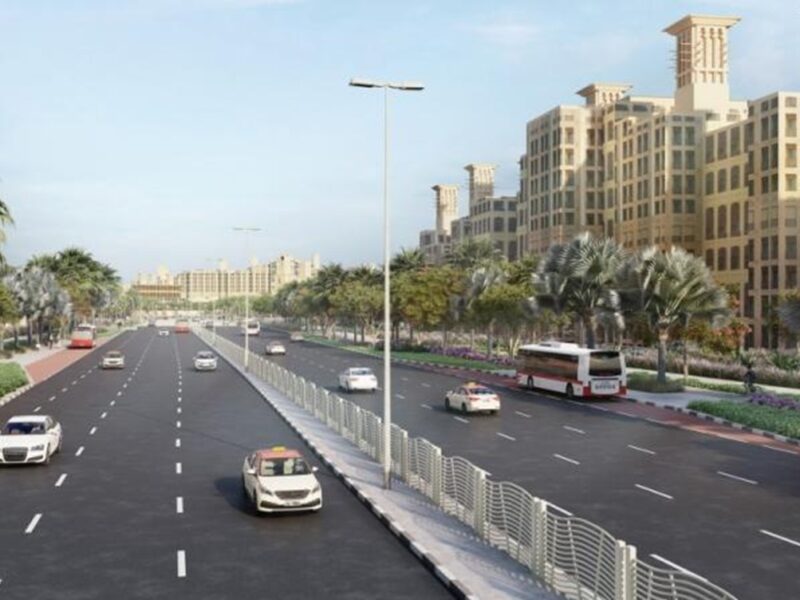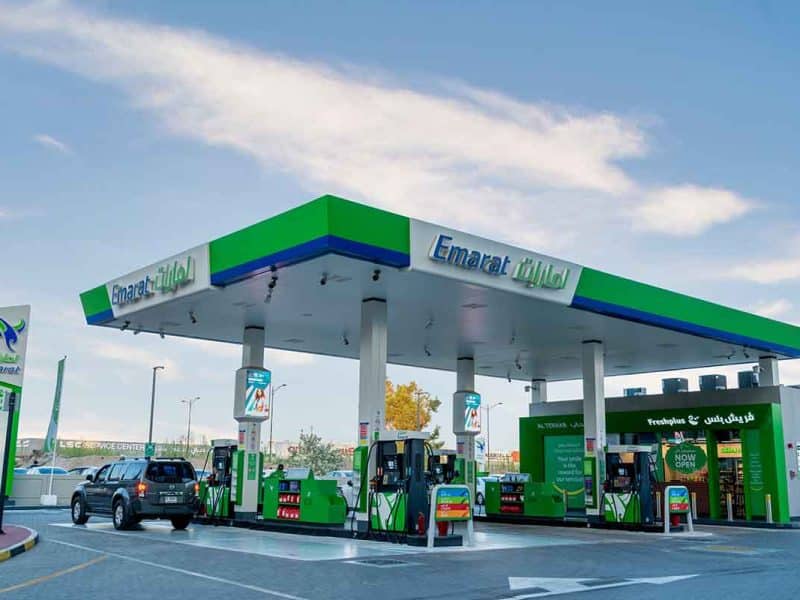As Saudi Arabia grapples with a housing supply crunch amid an influx of global firms, Egyptian real estate tycoon Yasseen Mansour is betting $300 million on a solution that mirrors Cairo’s successful western expansion: premium satellite cities anchored by high-end schools.
“Real estate is the mother of everything. Even if you’re doing something in tech, you need real estate. You need to be sitting somewhere,” Mansour, chairman of Palm Hills Developments, told Arabian Business in an interview.
“Real estate is the mother of all businesses – anything you do, you need to be sitting somewhere, to have an office or to have a laptop while you’re sitting somewhere”.
The Egyptian developer has formed a joint venture with Saudi Arabia’s Dallah Group to build 15 international schools, with Palm Hills holding a 60 percent stake and Dallah controlling the remaining 40 percent. The venture, currently awaiting approval from Saudi regulators, plans to invest roughly $20 million per school.
“Saudi is attracting a lot of multinational businesses, and it’s attracting them not only as businesses to open there, but they should have a big part of their head offices in Saudi,” Mansour said, adding that education for executives’ children is “one of the main targets” for relocating C-suite professionals.
The schools, which will follow the British curriculum, are planned to start in Riyadh before expanding to Jeddah and other major cities. However, Mansour’s vision extends far beyond education, encompassing a broader solution to urban congestion.
Satellite cities
Drawing parallels with Palm Hills’ successful developments in Cairo, he sees these schools as anchors for larger mixed-use communities that could help decongest Riyadh.
“The only way you can solve that is having mixed-use communities – not only residential but residential, offices, retail, commercial, everything within an area,” he explained.
Mansour believes that targeting high-end developments is crucial for creating effective satellite cities.
“If you go with middle-income housing in the suburbs, people will always come back and work within the city. It doesn’t solve your problem,” he said, noting that when C-suite executives move to these communities, their offices often follow.
Using his own experience in Egypt as an example, Mansour added: “My office is like 10 minutes away from where I live. So I rarely go to Downtown Cairo… A lot of people working with me moved out to this area. So you’re basically founding the city, and you’re reducing congestion within the city.”
Egyptian success story
The Saudi expansion comes as Palm Hills experiences robust growth in Egypt, with sales expected to reach $3 billion this year.

The company develops approximately 750,000 square metres annually, with increasing interest from Gulf investors, particularly in Egypt’s North Coast developments.
The North Coast region has seen particular interest from Gulf investors, with Mansour noting its competitive advantages over European alternatives.
“If you’re having a vacation in Europe, anywhere in Europe, July, August, whatever, during the 10 days or two weeks you’re there, there is probably 15-20 percent of the time the weather is not nice… but in the North Coast, on the Egyptian front, on the south of the Mediterranean, you’re guaranteed good weather”.
Future expansion
Looking ahead to 2025, Mansour revealed plans to expand beyond Saudi Arabia into another GCC country, though he declined to specify which one.
The group is also diversifying into hospitality, with projects including a new 200-room Ritz-Carlton in Cairo and 200 serviced apartments. The company aims to expand from 1,200 hotel rooms currently to 4,000 rooms within five years.
“We will be announcing within 2025 probably another two to three hotels in Cairo,” Mansour said, adding that an additional 600 to 800 rooms are in the immediate pipeline for next year.
The Saudi venture currently remains in the study phase, with initial projects under consideration in Jeddah and two in the Riyadh region. Despite the early stages, Mansour sees significant potential in Saudi Arabia’s real estate market.
“We feel that Saudi real estate market is extremely hot. Definitely, there is an undersupply in the market”.
Palm Hills, Egypt’s second-largest but most premium real estate developer, brings significant expertise to the Saudi market.
“We strongly believe that the solution for congestion in Riyadh is having mixed-use communities,” Mansour said, emphasising his commitment to replicating Palm Hills’ Egyptian success in the kingdom.


